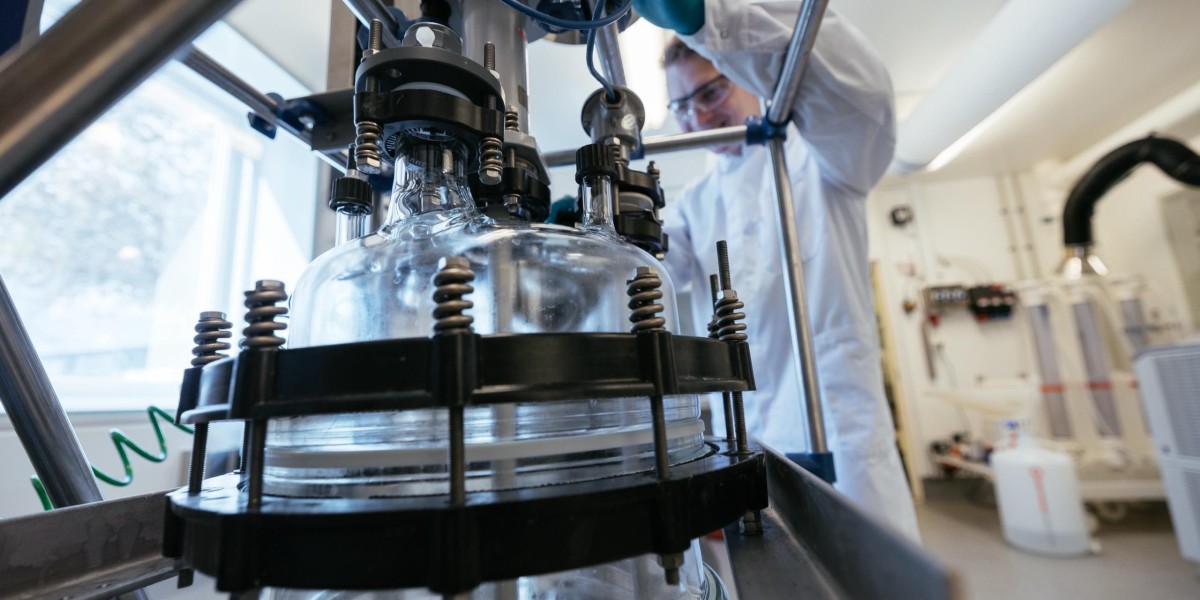The Essence of Contract Polymer Manufacturing
Contract polymer manufacturing involves the outsourcing of polymer production to specialized third-party manufacturers. These manufacturers possess the expertise, technology, and resources to produce high-quality polymer products tailored to the specific needs of their clients. The process begins with the formulation and development of polymers, followed by scaling up production to meet commercial demands. This model allows companies to focus on their core competencies while leveraging the specialized capabilities of polymer manufacturers.
Key Advantages of Contract Polymer Manufacturing
- Cost Efficiency: One of the most significant benefits of contract polymer manufacturing is cost savings. By outsourcing production, companies can avoid the substantial capital investments required for setting up and maintaining manufacturing facilities. This model also reduces operational costs, including labor, maintenance, and raw materials procurement.
- Access to Advanced Technologies: Contract manufacturers often invest in state-of-the-art technologies and equipment to stay competitive. By partnering with these manufacturers, companies can access cutting-edge technologies and innovative processes without incurring the high costs associated with such advancements.
- Scalability and Flexibility: Contract polymer manufacturing offers unparalleled scalability. Whether a company needs a small batch for a pilot project or large-scale production for a commercial launch, contract manufacturers can adjust their production capabilities to meet varying demands. This flexibility is crucial in responding to market changes and consumer needs.
- Expertise and Quality Assurance: Contract manufacturers bring a wealth of expertise to the table. Their specialized knowledge in polymer science, coupled with stringent quality control measures, ensures that the final products meet high standards of performance and reliability. This expertise is particularly valuable in industries with rigorous quality requirements, such as healthcare and aerospace.
The Contract Polymer Manufacturing Process
The process of contract polymer manufacturing involves several critical stages:
- Consultation and Design: The journey begins with a thorough consultation between the client and the manufacturer. This stage involves understanding the client's specific requirements, including the desired properties of the polymer, application, and any regulatory considerations.
- Research and Development: Based on the client's specifications, the manufacturer conducts research and development to formulate the appropriate polymer. This phase may involve selecting the right monomers, additives, and processing techniques to achieve the desired characteristics.
- Prototyping and Testing: Once a suitable formulation is developed, the next step is to create prototypes for testing. These prototypes undergo rigorous testing to ensure they meet the required performance standards. Adjustments are made as needed to optimize the formulation.
- Scale-Up and Production: After successful prototyping and testing, the process moves to the scale-up phase. The manufacturer increases production volumes to meet the client's demands while maintaining consistent quality. Advanced manufacturing techniques, such as injection molding, extrusion, or 3D printing, may be employed.
- Quality Control and Assurance: Throughout the production process, stringent quality control measures are implemented to ensure the final products meet the specified standards. This may include physical, chemical, and mechanical testing, as well as adherence to industry-specific regulations.
- Packaging and Delivery: The final step involves packaging the polymer products according to the client's requirements and delivering them to the designated location. Efficient logistics and supply chain management ensure timely and secure delivery.
Driving Factors Behind the Growth of Contract Polymer Manufacturing
Several factors contribute to the increasing demand for contract polymer manufacturing:
- Industry Diversification: The versatility of polymers makes them suitable for a wide range of applications. Industries such as automotive, aerospace, electronics, healthcare, and packaging continuously seek innovative polymer solutions to enhance their products.
- Innovation and Sustainability: Advances in polymer science are driving the development of new materials with enhanced properties, such as biodegradability, recyclability, and improved performance. Contract manufacturers play a crucial role in bringing these innovations to market.
- Globalization and Market Expansion: As companies expand their operations globally, the need for reliable and scalable manufacturing solutions grows. Contract polymer manufacturers provide the necessary infrastructure and expertise to support international market demands.
- Regulatory Compliance: Navigating the complex landscape of regulatory requirements can be challenging for companies. Contract manufacturers with expertise in regulatory compliance ensure that products meet the necessary standards, reducing the risk of non-compliance and associated penalties.
Conclusion
Contract polymer manufacturing is revolutionizing the way industries approach polymer production. By offering cost-efficient, scalable, and high-quality solutions, contract manufacturers enable companies to innovate and compete in a rapidly changing market. As the demand for advanced polymer materials continues to rise, the role of contract polymer manufacturing will undoubtedly become even more significant, driving the future of material science and technology forward.







